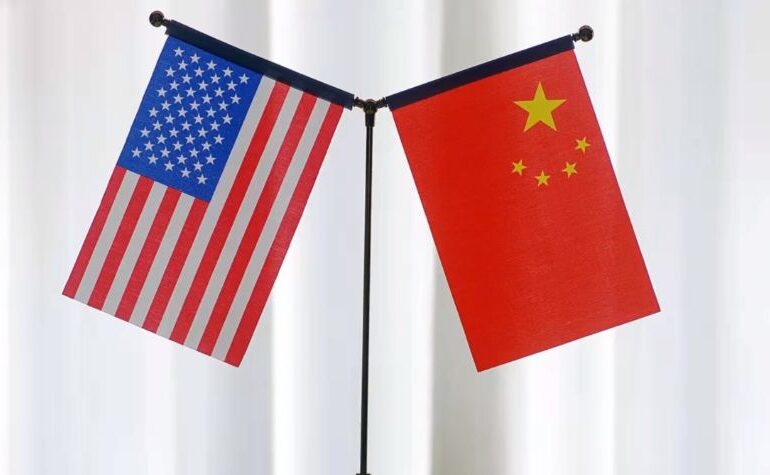China lifted on Sunday the export ban to the United States on gallium, germanium, and antimony, crucial rare metals for the modern industry, as an additional sign of easing tensions between the two countries.
The restrictions, which were imposed in December 2024, targeted the so-called „dual-use” goods, meaning those that could be used in both civilian and military applications, as reported by AFP.
The bans are suspended starting from Sunday until November 27, 2026, as conveyed by the Chinese Ministry of Commerce in a statement.
This announcement is a new sign of goodwill from Beijing, following the meeting between Chinese President Xi Jinping and American President Donald Trump on October 30, in South Korea. The summit has contributed to easing months of tensions that have affected the global economy.
"In principle, the export to the United States of dual-use products related to gallium, germanium, antimony, and superhard materials will not be allowed," stipulated the ban from December 2024, now suspended.
Battle for global technological dominance
This issue had become a point of contention between Beijing and Washington, as the two countries are battling for global technological dominance, and these rare metals (which are not classified as rare earths) are essential for the modern industry.
Gallium, present in integrated circuits, LEDs, and photovoltaic panels, is considered a critical raw material by the European Union. Germanium, on the other hand, is essential for optical fibers and infrared technology.
China is a major global producer of these rare metals. The Ministry of Commerce, in a brief statement on Sunday, also announced the relaxation of restrictions on exports of dual-use products related to graphite.
Tighter reviews of the uses and end-users of these products, announced in December 2024, are also suspended until November 27, 2026.
Following the Xi-Trump meeting, the White House indicated that China will issue export licenses for rare earths, as well as for gallium, germanium, antimony, and graphite.
As a conciliatory gesture, China had already announced on Wednesday that it would extend for another year the suspension of some tariffs imposed on American products during the trade war, keeping them at 10%.

